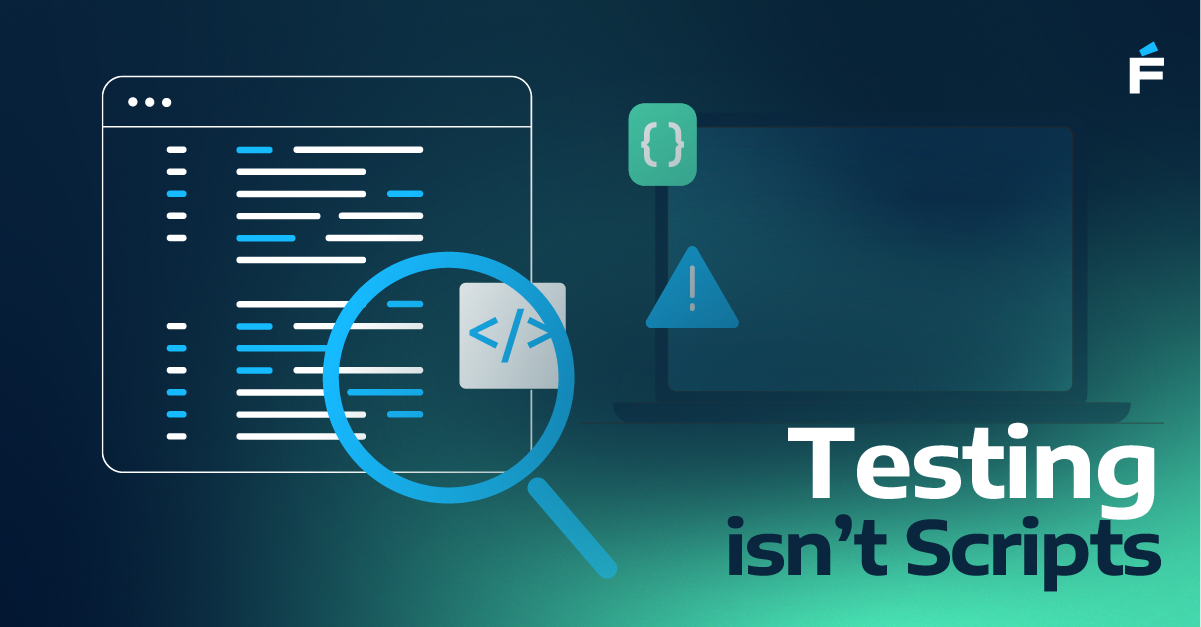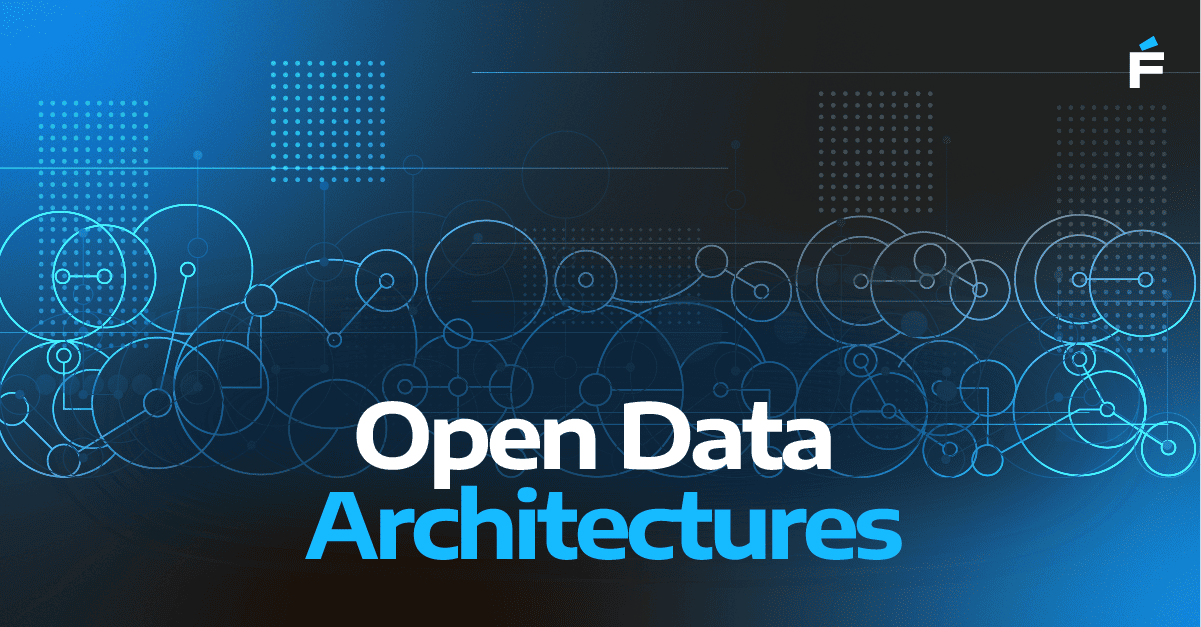Fueled by advancements in technology, healthcare and life sciences are undergoing a period of rapid transformation. Let’s explore some of the hottest tech trends that are defining the industry in 2025:
Generative AI
In 2024, Generative AI (GenAI) is poised to revolutionize healthcare and life sciences. From accelerating drug discovery to personalizing medicine, GenAI holds immense potential to improve patient outcomes and streamline processes.

Drug discovery & design: Imagine AI systems that design novel drug molecules targeting specific diseases. GenAI can virtually generate these molecules, saving time and resources in the traditional drug discovery pipeline.
Personalized medicine: GenAI can analyze a patient's unique data (genetic, medical history) to tailor treatment plans and predict responses to medications. This could lead to more effective and targeted therapies with fewer side effects, a key focus in personalized medicine.
Clinical trial design: Traditionally, clinical trials rely on real patients. GenAI can create synthetic patient data for testing new drugs, speeding up development without compromising on safety or efficacy.
Medical report automation: GenAI can analyze patient data and generate comprehensive medical reports, freeing up valuable doctor time for patient interaction. Reports summarizing medical history, current condition, and treatment plans could become a reality.
Patient education via Chatbots: GenAI-powered chatbots can answer patients' health questions in a clear and concise manner. This improves patient understanding, promotes medication adherence, and empowers individuals to manage their health more effectively.
AI-powered wearables and the Internet of Things (IoT)
The convergence of AI-powered wearables and the Internet of Things (IoT) is revolutionizing patient monitoring and preventive healthcare.

Proactive health management: Think of wearables that track your vitals, sleep, and activity. AI analyzes this data to detect potential health issues early, like heart problems or even signs of diabetes. This allows for earlier intervention and better long-term health outcomes. AI-powered wearables can also become personalized health coaches, providing exercise routines, dietary suggestions, and medication reminders to keep you on track.
Remote patient monitoring: For chronic conditions like heart failure, AI-powered wearables continuously monitor vitals and transmit data to healthcare providers. This allows for remote monitoring, timely intervention in case of complications, and potentially fewer hospital readmissions. Wearables can even monitor patients recovering at home after surgery, allowing healthcare professionals to track progress remotely.
Mental health support: Wearables can track sleep, activity, and physiological responses. AI analyzes this data to identify potential signs of depression or anxiety, prompting interventions or connecting patients with mental health resources. Additionally, AI-powered wearables can provide biofeedback and personalized stress management techniques to help users manage their mental well-being.
Medication adherence: Smart medication dispensers can remind patients to take their medication and track adherence, which is particularly beneficial for chronic conditions. Wearables and AI can also provide personalized medication reminders that take into account sleep patterns and activity levels.
Research and development: Wearables can collect vast amounts of real-world health data. AI can analyze this data to identify trends, understand disease progression, and potentially develop new treatments. Wearables can also be used in clinical trials to collect real-time data on how patients respond to new medications or treatments, leading to more personalized and effective clinical trial designs.
Data governance, security and privacy
As healthcare becomes increasingly reliant on technology, data security and privacy become essential. In 2025, we expect to see a continued focus on regulations and best practices to ensure the protection of sensitive patient data.

Robust cybersecurity measures: Implementing robust cybersecurity measures like firewalls, data encryption, and multi-factor authentication will be crucial to deter cyberattacks and data breaches.
Transparent data governance policies: Clear and transparent data governance policies will outline how patient data is collected, stored, accessed, and used. This fosters trust and empowers patients to understand how their information is managed.
Patient education on privacy rights: Educating patients about their data privacy rights will be essential. This involves informing them about how their data is used, with whom it's shared, and the steps they can take to control their data.
Equipping the workforce for the future
The successful implementation of these tech trends hinges on a skilled workforce. The industry will need professionals who understand both healthcare and technology. Educational institutions and healthcare organizations will need to develop training programs that bridge the knowledge gap and equip the workforce with the necessary skills to navigate this tech-driven future. Imagine a new breed of healthcare professionals – data-savvy doctors who can leverage AI-powered diagnostics tools and nurses adept at using telehealth platforms to deliver remote care.
Forte Group: Your partner in healthcare innovation
At Forte Group, we are committed to building secure, scalable, and user-friendly solutions that empower healthcare providers and researchers to achieve their goals. Learn more about out Healthcare IT Solutions.
Looking to leverage technology to transform your healthcare practice or research lab? Book a meeting with our experts today and let's discuss how we can help!



.png)
